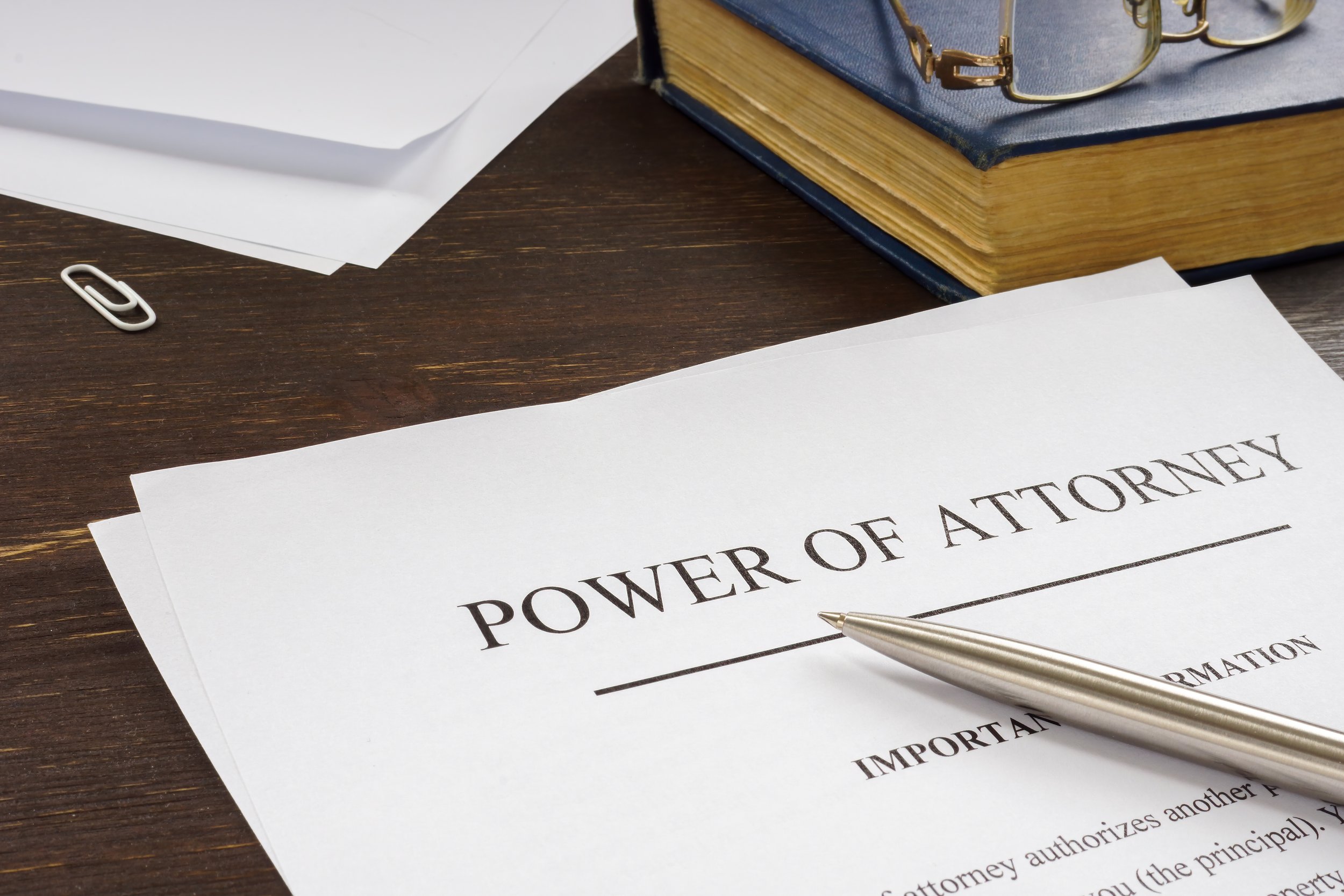 Image 1 of 1
Image 1 of 1


Standard Will
A will is crucial to have. A will allows you to communicate your wishes clearly and precisely. Currently, it is highly recommended that you work closely with an attorney to create and update your will. Without a will, the state in which you reside decides how to distribute your assets to your beneficiaries according to its laws. This is known as dying intestate, and the resulting settlement process may not produce the results that you would prefer for your survivors. You can prevent this from happening by having documents drafted that reflect your wishes.
A will generally includes:
•Designation of an executor, who carries out the provisions of the will.
•Beneficiaries—those who are inheriting the assets.
•Instructions for how and when the beneficiaries will receive the assets.
•Guardians for any minor children.
For assets that do not allow for the naming of beneficiaries (such as some bank accounts and real estate), the will is the place to designate who will get them, as well as any related special instructions.
Common misconception: people believe that if you have a will, you can avoid probate. Probate is the court administrative process used to distribute a deceased person’s assets and settle the deceased person’s debts. If you have a will upon your death, your executor will very likely need to use the probate (court) system in order to administer the deceased person’s estate.
A will is crucial to have. A will allows you to communicate your wishes clearly and precisely. Currently, it is highly recommended that you work closely with an attorney to create and update your will. Without a will, the state in which you reside decides how to distribute your assets to your beneficiaries according to its laws. This is known as dying intestate, and the resulting settlement process may not produce the results that you would prefer for your survivors. You can prevent this from happening by having documents drafted that reflect your wishes.
A will generally includes:
•Designation of an executor, who carries out the provisions of the will.
•Beneficiaries—those who are inheriting the assets.
•Instructions for how and when the beneficiaries will receive the assets.
•Guardians for any minor children.
For assets that do not allow for the naming of beneficiaries (such as some bank accounts and real estate), the will is the place to designate who will get them, as well as any related special instructions.
Common misconception: people believe that if you have a will, you can avoid probate. Probate is the court administrative process used to distribute a deceased person’s assets and settle the deceased person’s debts. If you have a will upon your death, your executor will very likely need to use the probate (court) system in order to administer the deceased person’s estate.





